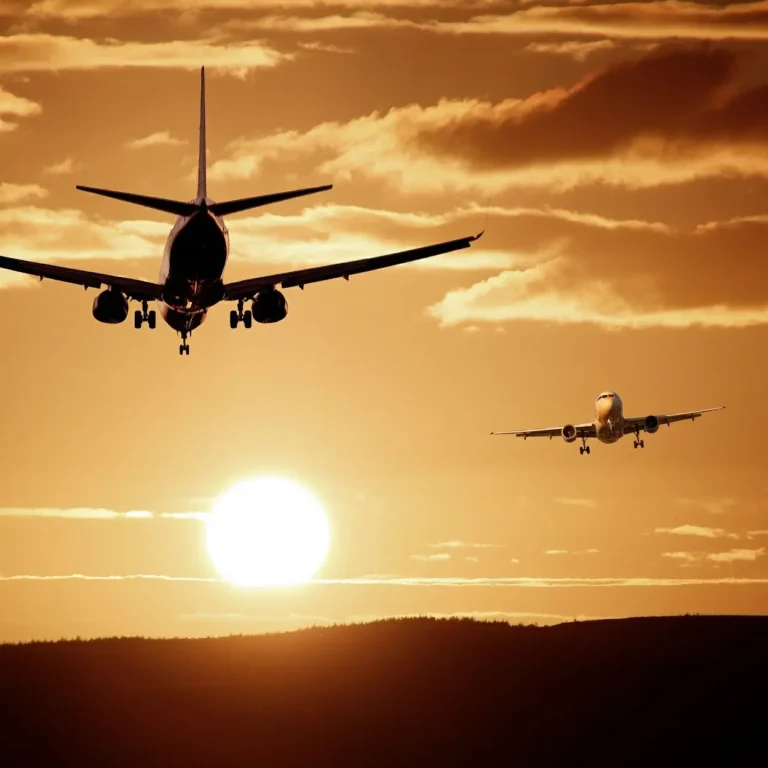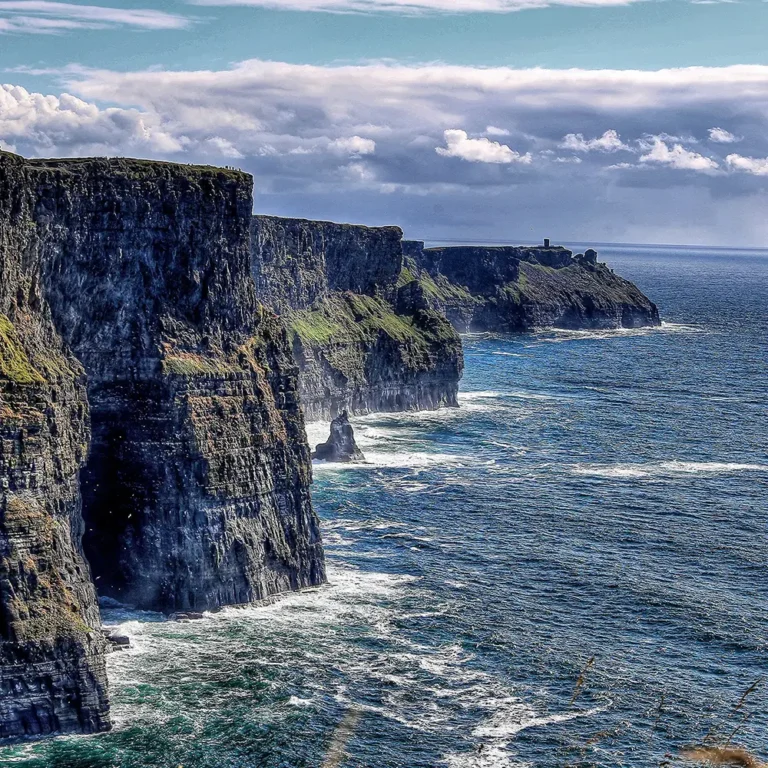Eurodesk Ireland
King’s Inns House
Parnell Street
Dublin 1 D01 A3Y8
Contact Us
E: eurodesk(at)leargas.ie
T: 087 1883748/ 01 887 1210
[matomo_opt_out]
Ireland is known as a friendly and welcoming country, famous for its ‘Céad Míle Fáilte’ – a hundred thousand welcomes’. With its stunning scenery, richness of culture and fascinating history, there is something for everyone. It is a place to come visit, explore and stay a while.
Ireland.com has put together an Ultimate Guide to Ireland that covers essential information and tips, including money, transport, visas and accessibility.
Ireland has rules and laws about who can enter the country, and about what travel documents and procedures are required: More information
There are many ferry services to and from Ireland coming from places such as France, England, the Isle of Man and even Spain. Irish Ferries, Brittany Ferries, Direct Ferries, Stena Line, and P&O Ferries all provide ferries to Ireland.
There are four international airports in Ireland, with flights from many destinations throughout Europe: Dublin Airport in the east of the country; Shannon Airport and Ireland West Airport at Knock in the west; and Cork Airport in the south.
Eurolines Eurolines Touring|EUROPABUS operates services to Europe in conjunction with Bus Éireann and National Express (Great Britain). Bus Éireann also operates frequent services to and from Eastern Europe, in particular Poland, Lithuania, Latvia and Estonia.


Ireland is an island situated in the north-west of Europe. The Republic of Ireland and Northern Ireland share the Island of Ireland. The Republic of Ireland consists of 26 counties, and Northern Ireland consists of 6.
The Island of Ireland is also divided into the 4 provinces of Connaught, Leinster, Munster and Ulster. (Ulster contains 9 counties, 6 of which are in Northern Ireland and 3 of which are in the Republic of Ireland.)
Dublin (located on the east coast) – a vibrant city full of culture and ‘craic’ (fun) – is situated on the coastline, but has plenty of green areas, including the Phoenix Park, the largest enclosed public park in any capital city in Europe.
English and Irish (Gaeilge) are the official languages of Ireland. However, most people communicate through English.
5.1 million (Census 2022)
Ireland’s climate is mild and changeable, with plenty of rain, but the country does not experience extremes of temperature. Average winter temperatures are between 5°C and 8°C, and average summer temperatures are between 15°C and 20°C. More information
Ireland uses the Euro.
Cash and credit/debit cards are accepted. Ireland uses a ‘chip and pin’ system for debit and credit card transactions. Contactless payment is becoming increasingly popular.
Let your bank know about your travel plans before you depart. More information
The Republic of Ireland is a member of the European Union.
Northern Ireland – The UK (including Northern Ireland) left the European Union (EU) on 31 January 2020 and a new relationship with the EU is beginning. This includes the Northern Ireland Protocol. More information


The culture of Ireland includes music, art, literature, folklore, cuisine and sport. St Patrick’s Day and Halloween are two festivals that originated In Ireland and are celebrated all over the world. Culture & Society – Living In Ireland
The public transport network in Ireland includes buses, DART, Luas and trains. Transport for Ireland gives information on transport throughout the country. For more general information on public transport and discount fares – click our Travel within Ireland Section.
Information and services on access and travel for people with disabilities and/or special needs in Ireland and Northern Ireland can be found at:
Ireland Disabled Access and Travel | Accessibility in Ireland
Shops City and urban shopping centres (Dublin, Cork, Galway, etc.) typically open from 09:00 to 18:00 Monday to Saturday, extending their opening hours every Thursday until 20:00. Some open every day until 20:00 or 21:00. Currently, nearly all shops are open from midday until 18:00 on Sunday. Generally, small convenience shops and service stations open earlier in the morning and stay open longer in the evening.
Banks Banks are generally open from 10:00 to 16:00 Monday to Friday (closed on public holidays). Some banks open later on a Thursday and/or are open on Saturday mornings. ATM (cash) machines accept most credit and debit cards (charges may apply).
Restaurants Opening hours for restaurants vary. Lunch is typically served between 12:30 and 14:30 daily. Dinner is usually served from 19:00 onwards. However, many restaurants offer an ‘early bird’ menu between 17:00 and 19:00, providing two- or three-course meals at reduced prices. Restaurants usually take orders until 21:30, though many open later on weekends.
Bars or public houses (better known as pubs) are open from 10:30 to 23:30 Monday to Thursday, and until 00:30 on Friday and Saturday. Opening hours on Sundays are 12:30 to 23:30. Most nightclubs will serve until around 02:30. Pubs in Ireland are usually closed on Christmas Day.
For off-licences (including supermarkets), alcohol can be sold at these hours: Monday to Saturday from 10:30 to 22:00; Sunday and St Patrick’s Day from 12:30 to 22:00.
Children under 15 cannot enter a pub unaccompanied by a parent/guardian. Children aged 15–17 are allowed in the bar unaccompanied, but cannot be served/consume alcohol. Both must leave the premises by 21:00 (22:00 between 1 May and 30 September), unless they are attending a private function at which a substantial meal is served.

* If holiday falls on a weekend, the following Monday will be a public holiday in lieu.
In Ireland there are different restrictions and protections depending on what age you are. For example:
Legal ages in Ireland More information
Your rights as a young person More information


Smoking tobacco is not permitted indoors (including bars, hotels and restaurants) except in private accommodation or some hotel rooms. However, most bars/restaurants/clubs have a designated smoking area outside. A packet of cigarettes costs €15!
Vaping is not covered by the Irish smoking ban. However, many venues, including public transport, do not allow vaping on their premises. When booking a hotel, it might be worthwhile asking about their vaping policy.
Smoking cannabis for recreational purposes is illegal in Ireland.
For information on how to travel around Ireland once you are in the country, please click the button below.
Eurodesk Ireland
King’s Inns House
Parnell Street
Dublin 1 D01 A3Y8
Contact Us
E: eurodesk(at)leargas.ie
T: 087 1883748/ 01 887 1210